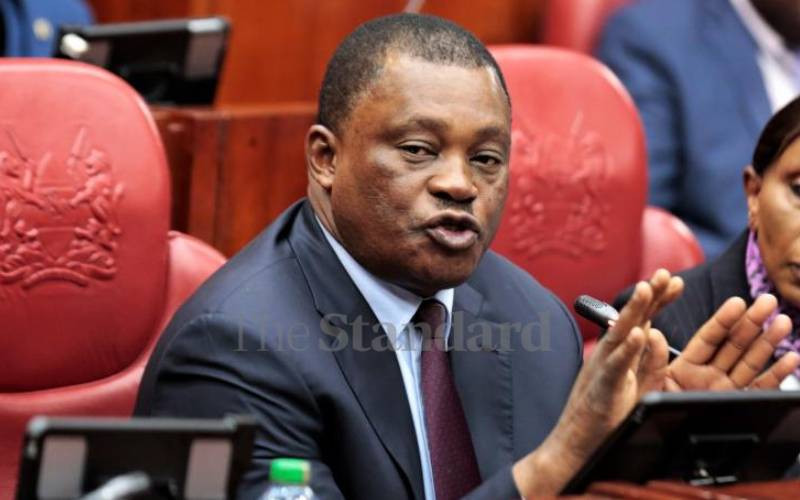×
The Standard e-Paper
Home To Bold Columnists

For a man ever keen to shake off any similarities with his predecessor, President William Ruto, however, seems to be walking down the same path as former President Uhuru Kenyatta.